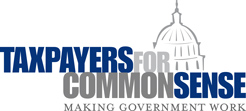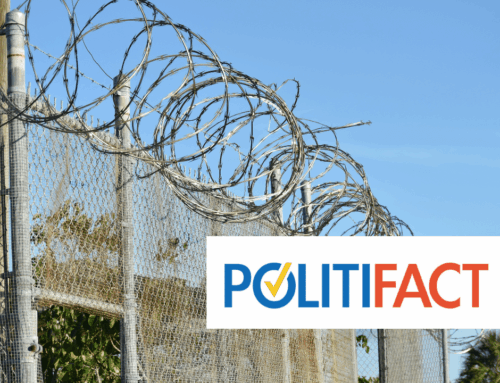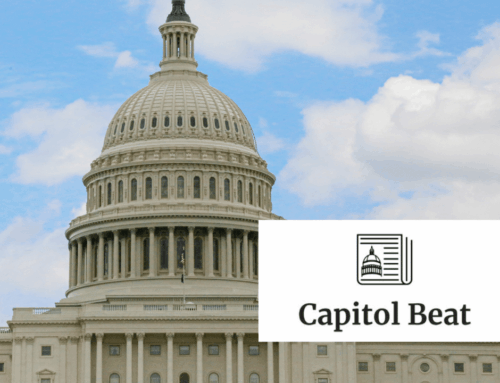Backlog of Roadway Repairs Threatens State Transportation Budgets Nationwide New national report examines how much states are spending on new roadways versus investing in repairs Washington, DC – As winter weather takes a brutal toll on roads across the country, drivers are not the only ones facing a bumpy ride from potholes and rough roads: state departments of transportation (DOTs) could feel a painful shock to their long-term finances unless state decision makers reexamine spending priorities. Repair Priorities 2014, a new report from Smart Growth America and Taxpayers for Common Sense, looks at road conditions in all 50 states and the District of Columbia, as well as how state DOTs are investing in road repair versus expansion. Investing in repair, the report explains, can improve road conditions for drivers and the financial outlook of DOTs at the same time. Between 2009 and 2011, states spent $20.4 billion each year on road expansion. During that same period, states spent $16.5 billion on road repair—not enough to keep road conditions from declining. From 2008 to 2011, the amount of roads in good condition decreased from 41 percent to 37 percent, while the number in poor condition increased from 17 percent to 21 percent.
“Like it or not, states and the federal government remain in an era of budget belt-tightening and policymakers need to make limited funding go further and get the most out of the investments they’ve already made. Road repair does that,” said Steve Ellis of Taxpayers for Common Sense. “This report makes it clear that prioritizing road repair over new construction reduces future fiscal liabilities and safeguards the tremendous investment that federal taxpayers have already made in the nation’s road network.” “States can make roads better for drivers and improve their own long-term finances by investing in the repair of existing roads instead of building new ones,” said Roger Millar, Vice President of Smart Growth America. “This is a matter of spending tax dollars to preserve public assets and give motorists a better ride. Targeted expansion projects should be carefully vetted and demonstrate an essential need for a community before they move forward. These strategies can improve road conditions for drivers and the financial outlook of America’s DOTs at the same time.” In addition to state-by-state information the new report also recommends ways for state officials to increase the portion of funds going toward repair including raising the public profile of repair projects, using asset management practices, focusing repair investments on the most heavily used roads, setting aggressive targets for pavement conditions, and using cost-benefit analysis to prioritize road investments.
Download the full report at http://www.smartgrowthamerica.org/repair-priorities.
Smart Growth America is the only national organization dedicated to researching, advocating for and leading coalitions to bring better development to more communities nationwide. From providing more sidewalks to ensuring more homes are built near public transportation or that productive farms remain a part of our communities, smart growth helps make sure people across the nation can live in great neighborhoods. For additional information visit www.smartgrowthamerica.org. Taxpayers for Common Sense is a non-partisan budget watchdog serving as an independent voice for American taxpayers. Our mission is to achieve a government that spends taxpayer dollars responsibly and operates within its means. We work with individuals, policymakers, and the media to increase transparency, expose and eliminate wasteful government spending, and hold decision makers accountable. Read more at www.taxpayer.net.
# # #
651 Pennsylvania Ave, SE • Washington, DC 20003 • Tel: (202) 546-8500 • |












